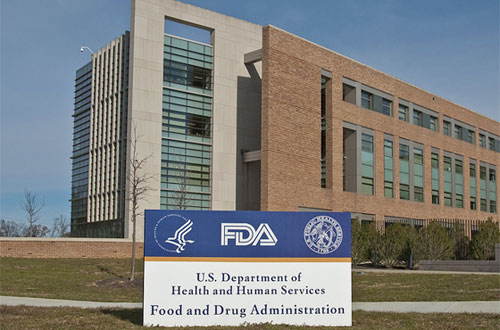
A monthly antibody drug to treat sickle cell disease, developed by Novartis, has won a coveted breakthrough designation from the FDA as it heads towards its first regulatory filings.
The US regulator awarded the status to crizanlizumab (SEG101), a humanized anti-P-selectin monoclonal antibody that is being developed to prevent the painful and sometimes life-threatening vaso-occlusive crises (VOCs) that afflict people with the disease. VOCs are caused by faulty red blood cells that clump and block blood vessels, leading to organ damage.
A phase 2 study reported last year revealed that a once-monthly dose of crizanlizumab – which is designed to make red blood cells less likely to stick together – made patient significantly less likely to have a VOC in a 12-month period compared to placebo. Almost 36% of patients on the drug who had suffered between two and 10 VOCs in the prior year had no crises after starting treatment with the antibody, compared to 17% of the placebo group.
Crizanlizumab reduced the median annual rate of VOCs leading to health care visits by 45% compared to placebo, regardless of whether patients were also being treated with hydroxyurea, currently the standard therapy for sickle cell.
Novartis is hoping to file for approval of the antibody in the US in the first half of this year, and the breakthrough designation gives the programme expedited review and a higher level of interaction with the FDA.
Crizanlizumab is just one of a series of new dugs coming through the pharma industry pipeline that promise to improve the management of sickle cell disease, which aside from debilitating and painful also comes with a hefty cost – estimated at almost $1m over the course of a patient lifetime. Most of those costs stem from hospitalisation for VOCs.
Arguably the biggest hope for patients with the disease is gene therapy, which could offer a one-shot cure, and the first of these candidates are also making their way through clinical trials. Bluebird Bio’s LentiGlobin candidate is currently in phase 1/2 testing and has been able to nearly eliminate VOCs in the first treated patients. LentiGlobin is already under regulatory review in the EU for beta-thalassemia, another red blood cell disorder.
Meanwhile, last week, the FDA also granted breakthrough status to a CRISPR-based gene-editing therapy for sickle cell in development at CRISPR Therapeutics and Vertex. The ex-vivo therapy – codenamed CTX001 – involves engineering a patient’s hematopoietic stem cells to produce high levels of foetal haemoglobin in red blood cells, diluting the proportion of cells producing defective adult haemoglobin.




